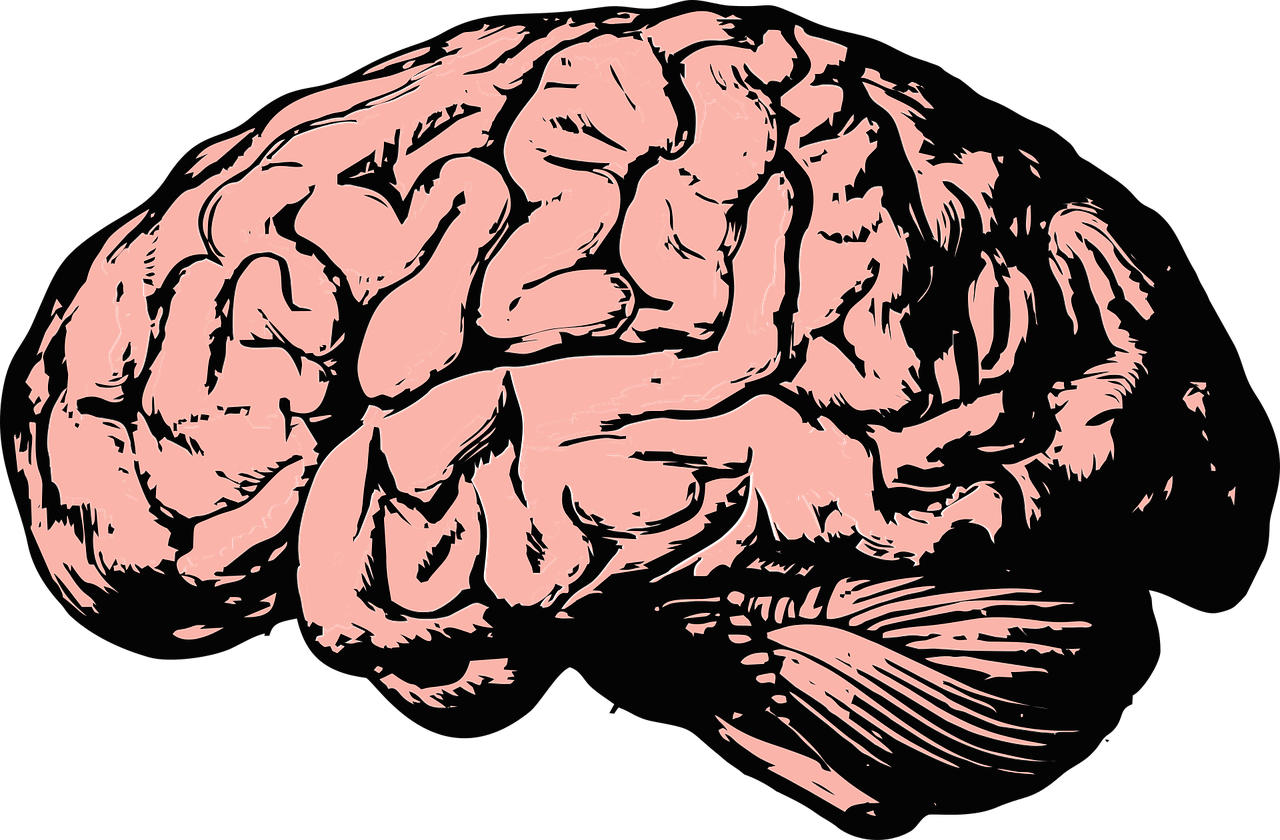

By Asmita - Jul 21, 2025
Fungi are crucial components of the human microbiome, residing in various parts of the body and influencing health in ways beyond just causing infections. Research indicates that certain fungi may impact neurological health and behavior, potentially playing a role in conditions like Alzheimer's disease. The interactions between fungi and the gut-brain axis are under active investigation, with implications for mood, cognition, and mental wellness. Studies in animals suggest that fungi can affect the brain through immune responses and bioactive compounds, sparking interest among neuroscientists in exploring the broader implications of these interactions in humans.

Brain via Needpix .com
LATEST
Our bodies are home to a vast array of microorganisms, among which fungi play a surprisingly substantial role. These fungi are not confined to obvious places like the skin or mucous membranes such as the nose and vagina; they also inhabit the gastrointestinal tract, living alongside bacteria in what is known as the human microbiome. Fungi are introduced to our bodies through exposure at birth, through food like bread and beer, and even from inhaling spores in the air. While many fungal species are cleared by our immune system, some remain and become long-term residents, forming a mosaic that is unique to each individual.
Historically, scientific focus has mainly been on the immediate threats fungi pose, such as dangerous brain infections caused by species like Aspergillus or Cryptococcus, which can infiltrate the body via inhalation and, if not swiftly managed by the immune system, persist and spread into the central nervous system. These infections frequently result in high fatality rates, as the brain is well-protected by the blood-brain barrier, and there are limited antifungal treatments capable of crossing into brain tissue. Survivors of such infections often experience long-term neurological complications, such as memory loss and dizziness, highlighting the severity of direct fungal impact on the nervous system.
Beyond life-threatening infections, a developing area of research is revealing that fungi may influence neurological health and behavior in less obvious, chronic ways. Recent animal studies have demonstrated mechanisms by which certain fungi, like Candida albicans, can enter the brain and activate immune responses that generate amyloid beta-like peptides, substances associated with the pathology of Alzheimer's disease. Such findings are prompting questions about whether persistent or recurrent fungal presence could contribute to neurodegenerative processes, even in the absence of an acute infection. Fungi in the gut, notably, may interact with the so-called gut-brain axis, potentially affecting mood, cognition, and mental wellness—although the specifics and public health implications of these relationships are still under active investigation.
Research in invertebrates lends further weight to the theory of fungus-brain influence. For example, in fruit flies, the fungus Beauveria bassiana can trigger immune pathways in the brain that kill brain cells, leading to neurodegeneration. Although these results cannot be directly extrapolated to humans, they suggest that fungi have evolved sophisticated strategies to manipulate animal hosts' brains, whether by immune system modulation or by producing bioactive compounds. The possibility that similar, though subtler, interactions might be taking place in humans is now a compelling focus for neuroscientists investigating links between infection, inflammation, and mental health.